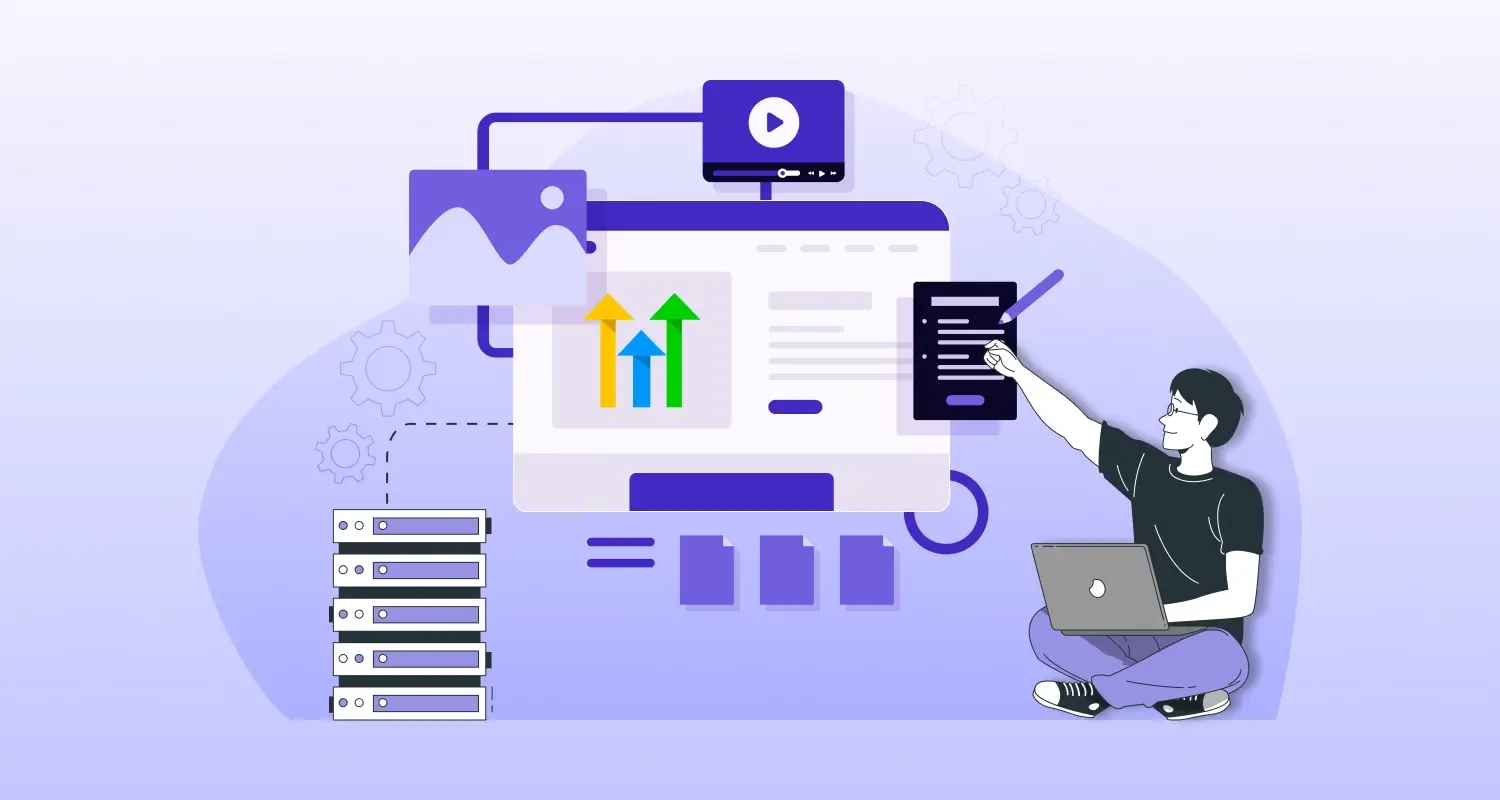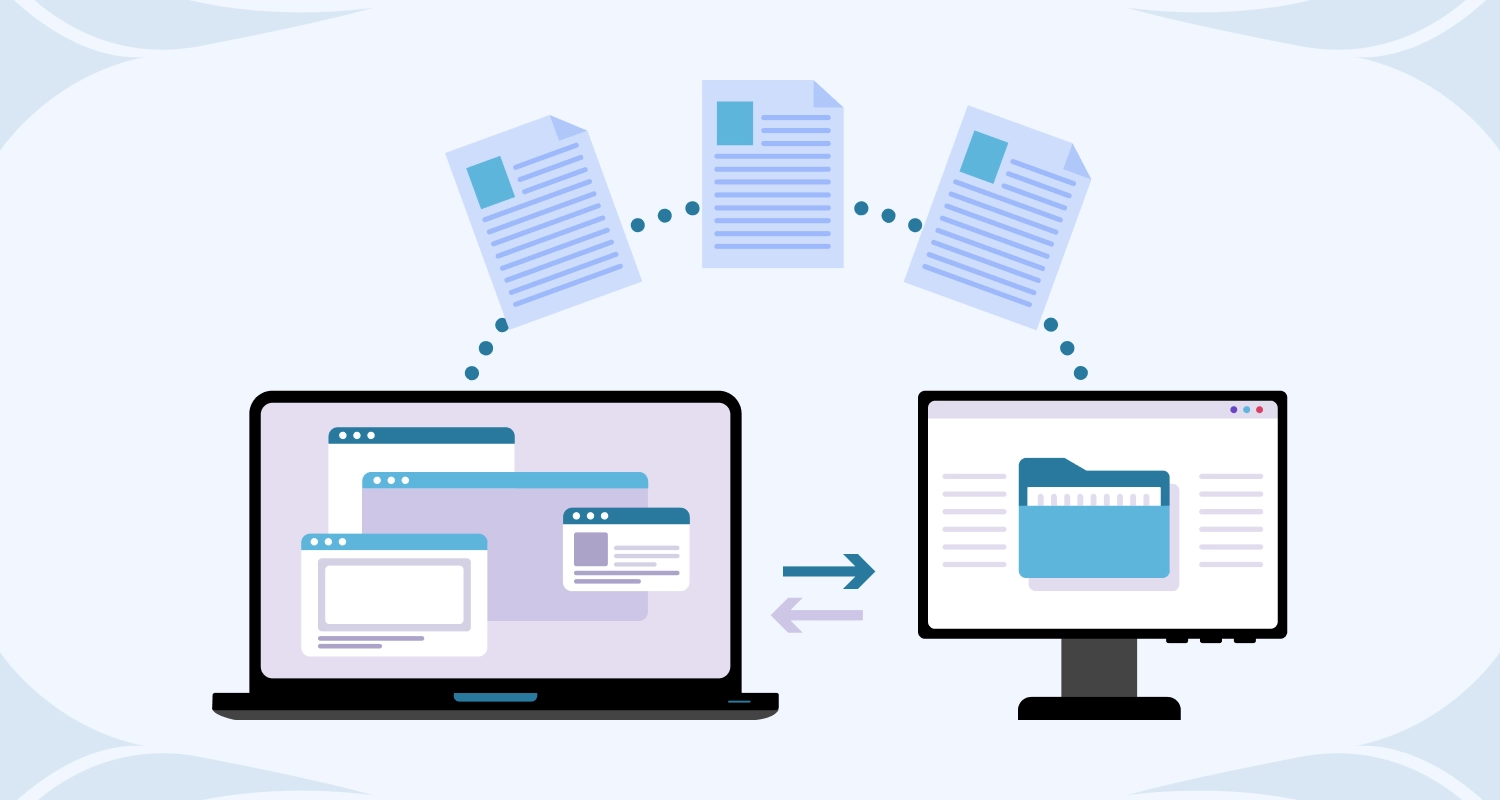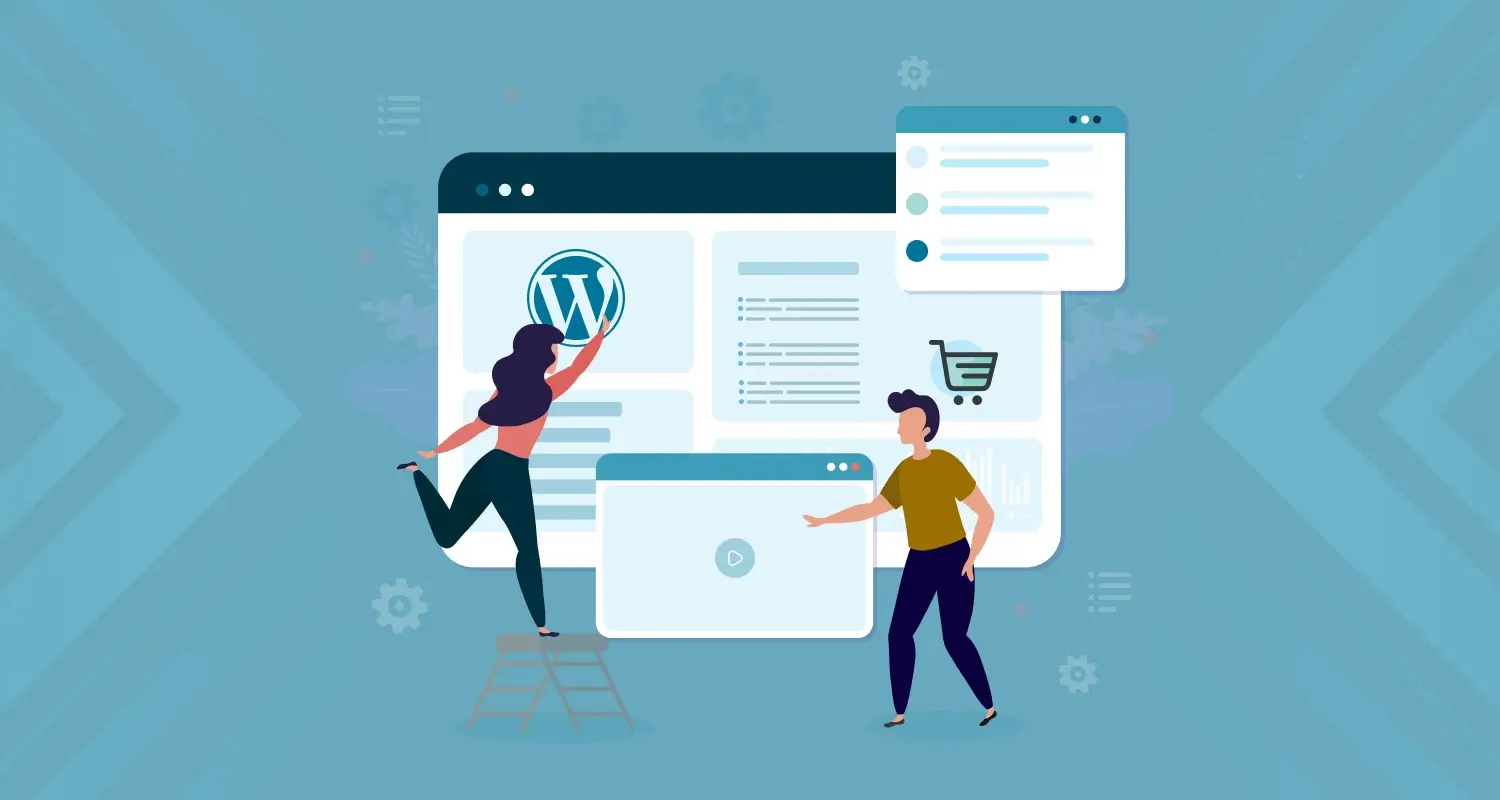With several thousand websites getting hacked every year it is very important to take active steps to ensure website security. Taking active security measures for a website is like buying an Insurance. It should be implemented well in advance. Most people realize the importance for the same only after there is financial loss, data loss or reputation loss.
WordPress is a leading open source content management system mostly using for making blogs, company websites and small to mid-size web projects. There are several active steps which can be implemented to increase security in your WordPress website. We have identified the following comprehensive checklist to ensure it helps your website to stay secure:
1. Update Your WordPress To The Latest Version
It is very important to ensure WordPress latest version is installed as it comes with some very important security patches which empower the site against the known threats.
2. Choose Verified Themes and Plugins
Take extra care while making a choice with regards to the WordPress theme which you will be using. Leading WordPress themes will have several thousand users, positive reviews and so on. Use the same logic while choosing a plugin to ensure you use something which is widely used, verified and reliable.
3. Implement .htaccess
wp-config.php includes complete configuration details of the website and it is important to secure the same. Implementing .htaccess is one of the ways to secure the same.
4. Change the Database Prefix
WordPress database comes with default prefix which needs to be changed from “wp” to something confidential.
5. Upgrade To Latest Themes and Plugins
WordPress websites include WordPress themes and several plugins based on the required functionality. One should ensure they are upgraded to the latest version to ensure the latest security updates are applied.
6. HTTPS Implementation For Logins and Admin
Implementation of HTTP is highly recommended when any sensitive information is being corresponded.
7. Remove “admin” As The Default Username
As a standard security measure of changing everything which is the default, it is very important to remove the default username for WordPress admin from “admin” to something more confidential.
8. Use a Secure Password
As simple as it sounds, most people still use a very simple password. Use of longer password with a combination of alphabets along with numbers, special characters, and different cases.
9. Install WordPress Security Plugins
One of the benefits of using WordPress is that it has several plugins. Use any of the leading security plugins like Better WP Security, Wordfence Security, Sucuri Security and so on.
10. Prevent Directory Browsing
Many website owners keep the directory browsing public which is a big loophole. To prevent access to all directories, place “Options All -Indexes” inside your .htaccess file.
11. Keep Your WordPress Version Private
One should ensure that they are hiding the WordPress version of their website. Failure to do so will allow the hacker to know the WordPress version and implement threat accordingly. This can be implemented by adding the code [remove_action(‘wp_head’, ‘wp_generator’);] to function.php
12. Limit Failed Login Attempts
Use a third-party plugin like Login lock-down which will secure your website against script trying to guess the password as well as anyone who is trying to “guesswork” through your website login. This will save you against brute force password attacks.
13. Keep Your WordPress Clean
Remove unnecessary themes, plugin, images, and users from your WordPress setup. Keep it clean to ensure you have less clutter and easy management.
14. wp-config.php: Create Custom Secret Key
It is highly recommended to change the default settings as per the fundamentals of Internet Security. wp-config.php comes with a default key and it is recommended to change the secret key. It is just like changing the default password with banks. Once you have it, please change it right away.
15. Choose The Right Hosting Partner
The choice you make for choosing your host partner will definitely leverage you against third party hacking attempts and malicious scripts. Choose leading hosting partners like Godaddy, 1and1, Hostgator and others which are pro-active and take security very seriously.
Implement a comprehensive website audit with leading web development company to ensure your web presence is secure.








